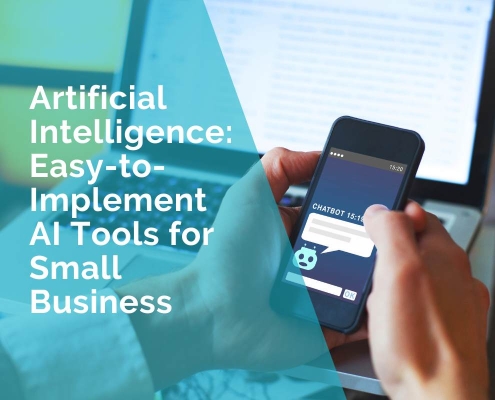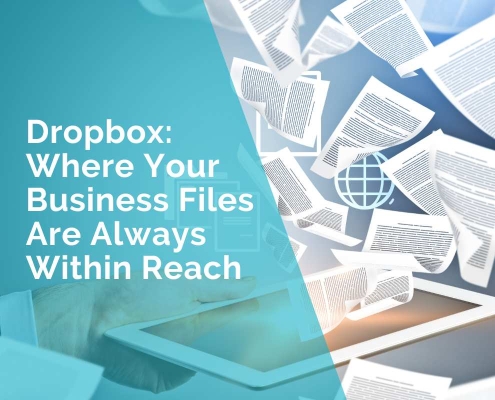Why Data Skills Are Becoming the New Must Have Advantage for Small Businesses
Small business owners have always relied on instinct, at least in part – you probably do it too. You notice trends before others do, or you know your customers by name, and you can usually tell when something’s off before any report comes through to let you know about it. But the truth is that instinct by itself just isn’t enough anymore, and if you want to stay competitive, you’ve got to know your numbers and you’ve got to understand what they mean. With that in mind, keep reading to find out why data skills are so important for small businesses.
Why Data Matters More Than Ever
The reality is that most decisions now use some kind of data, and even a simple question like which product to promote next is so much clearer and easier when you can look at sales patterns, website statistics, and repeat purchase rates, for example. In other words, data is what stops you guessing and what helps you to choose based on what’s actually happening. And it can tell you so much, from which channels are worth using (and potentially paying for) to where customers are leaving the buying process, and much, much more.
And because tools are more affordable, not to mention user-friendly, now, it’s not just analysts who can make sense of it all, and now owners, managers, and even small teams can learn what it means and use it wisely.
The Growing Skill Gap
The challenge is that many small businesses still rely on spreadsheets and, of course, the old gut feeling, while the competition is happily getting on with learning how to interpret customers behaviour, forecast demand, and use data to make operations easier in general. And that gap is going to keep growing, which is one reason why so many people are taking a degree in business analytics online or short courses designed for the working professional – the demand for employees who can understand the data is only going to increase.
That doesn’t mean every business owner has to become an expert, but having at least one person on your team, whether it’s you or someone else, who can at least interpret trends correctly, create simple reports, and look into insights and give you an action plan is always going to be a benefit.
Turning Insights Into Real Improvements
When data becomes part of your everyday way of thinking and doing things, decisions are going to be a lot easier, and you’ll be less worried about making them. That’s because you’ll be able to see what tasks are urgent and important, and which ones are basically just distractions. You’ll be able to do things like plan your stock levels instead of over or under-ordering, for example, and you can even do things like personalise your marketing instead of sending generic messages no one’s actually interested in.
Most importantly, you’ll be able to spot problems early on, like a dip in customer retention, a suddenly change in website traffic, a rise in product returns, and so on. Then you’ll be able to fix it quickly, instead of having to deal with the fallout months down the line.
***
FJ












